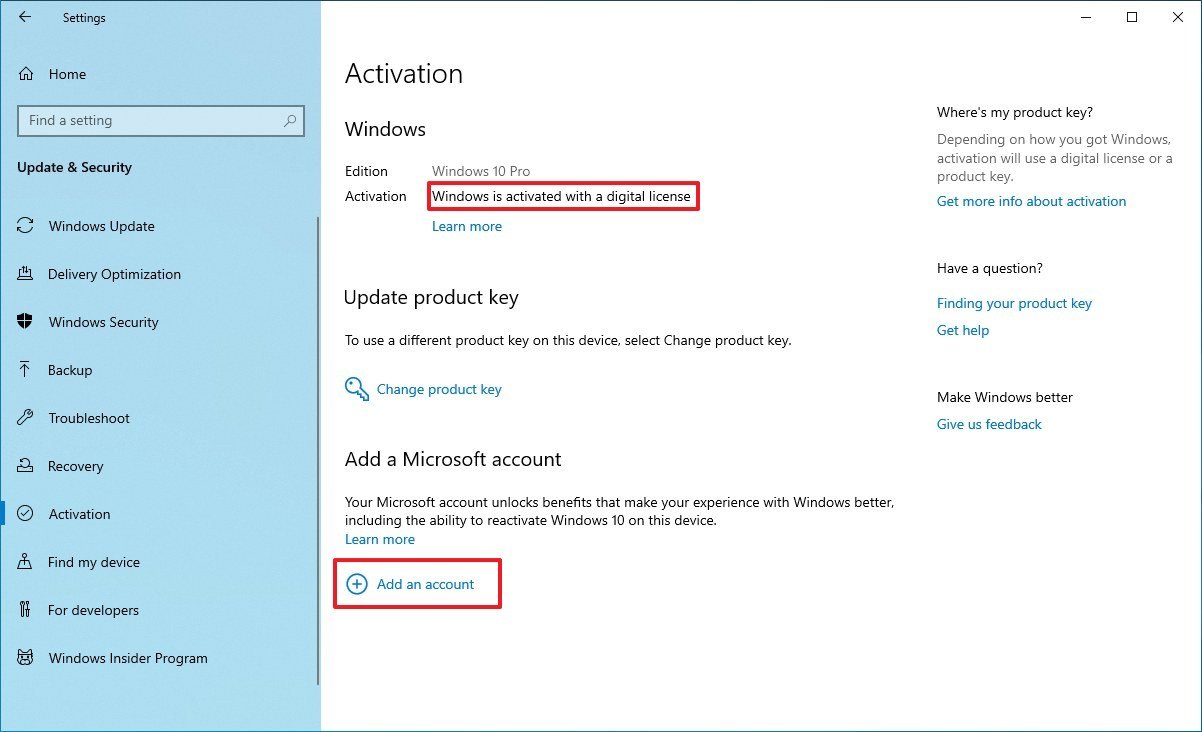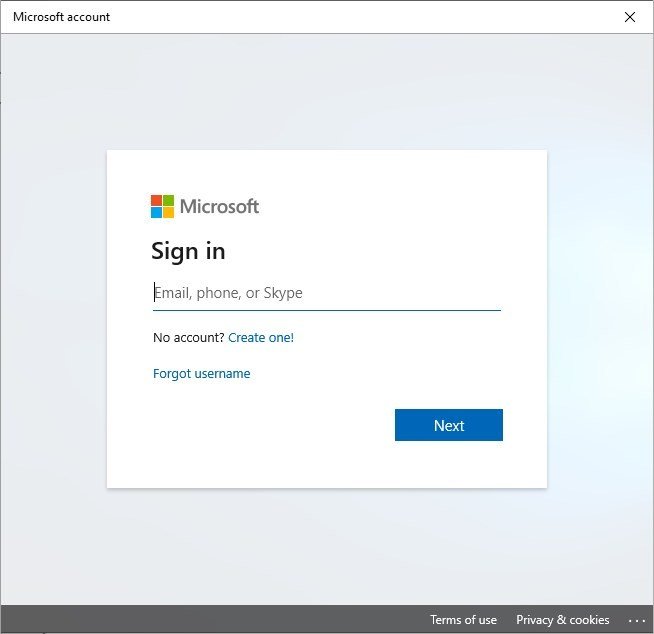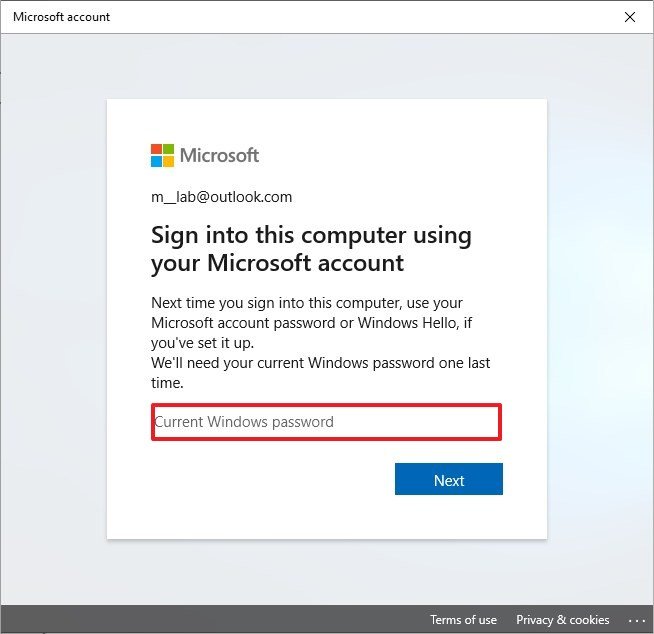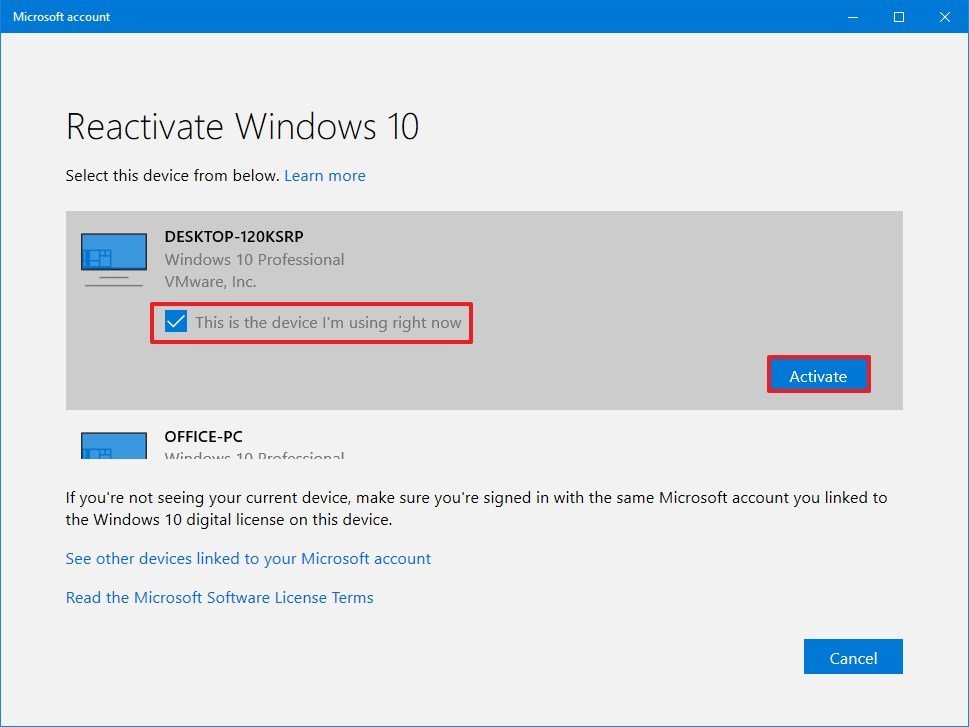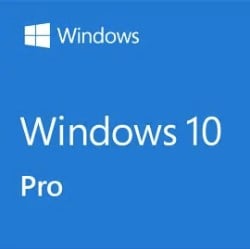Windows 10 won't activate after a hardware change? If so, use this guide to fix this problem.
On Windows 10, when you make a significant change, such as replacing the motherboard, hard drive, or processor, the system may fail to recognize the computer. As a result, the installation will become deactivated (with error 0xC004F211).
In older versions, if Windows lost its activation because of a hardware change, you needed to go through the tedious process of contacting Microsoft support to reactivate, which is not an ideal solution, and no many users were aware of the option.
However, the activation process has changed since the original release of Windows 10, and you can now link your device digital license to your Microsoft account, which you can then use to reactivate the installation using the Activation Troubleshooter in the same or clean installation of the OS.
In this Windows 10 guide, we'll walk you through the steps to properly use the Activation Troubleshooter to reactivate your device.
- How to prepare reactivation before hardware change on Windows 10
- How to reactivate installation after hardware change on Windows 10
How to prepare reactivation before hardware change on Windows 10
To ensure that you can reactivate Windows 10 after a hardware change, use these steps:
- Open Settings.
- Click on Update & Security.
- Click on Activation.
If under the "Windows" section, the Activation reads: Windows is activated with a digital license, then under the "Add a Microsoft account" section, click the Add an account option.
Quick note: You must be using an administrator account to complete the process. If under the "Windows" section, the Activation reads: Windows is activated with a digital license linked to your Microsoft account, then your device license is already linked to a Microsoft account, and you can skip these steps, and continue with the reactivation process below.
Confirm your Microsoft account credentials.
- Click the Next button.
- Confirm your account password.
Confirm your local account password.
- Click the Next button.
Once you complete the steps, you should see the Windows is activated with a digital license linked to your Microsoft account message in the "Activation" page, indicating that the link was successfully processed. You can now continue with the hardware change process, and then use the instructions below to reactivate Windows 10.
How to reactivate installation after hardware change on Windows 10
To reactivate Windows 10 after a hardware change, use these steps:
- Open Settings.
- Click on Update & Security.
- Click on Activation.
Under the "Windows" section, click the Troubleshoot option.
Click the I changed hardware on this device recently option.
- Confirm your Microsoft account credentials (if applicable).
Click the Sign-in button.
Quick note: If you're reactivating an existing installation that already had the Microsoft account configured, then you won't be prompted to sign in.
Select the device that you're trying to reactivate.
Quick tip: If the device isn't on the list, click the See other devices linked to your Microsoft account option, and select the device.
- Check the This is the device I'm using right now option.
- Click the Activate button.
After you complete the steps, Windows 10 will reactivate, and you start using the device and all the features available with the OS.
If you're no able to activate, you may need to acquire a new license to install and activate Windows 10 on the device. If this is the case, we recommend getting the Windows 10 Pro, which unlocks all the features available for the platform.
The Microsoft Flagship
Windows 10
From $192 at Amazon $120 at Walmart
Microsoft's bread and butter
Windows is king of the OS castle, and chances are, if you're reading Windows Central, you're probably doing it from a Windows PC. Windows 10 is the most dynamic version of Windows yet, with Microsoft's development focused on shipping new features and updates faster than any previous version of the OS.
Other details
In the case the device doesn't appear in the "Reactivate Windows 10" list, there are a number of things that could be happening.
For instance, you may not be using the Microsoft account that is storing the digital license to activate the OS.
If you're using the correct Microsoft account, you'll need to find the reason. Here are some of the possible problems:
- Windows 10 was never properly activated on the device.
- The device isn't using a genuine version of Windows 10. If this is the case, you'll need to purchase a genuine copy of Windows 10.
- You're not running the edition that the digital license activates.
- The device you're trying to activate doesn't match the type of device you've linked to your digital license.
- You can only reactivate so many times. If you reach that (unspecified) limit, you won't be able to activate Windows 10.
- The computer is an organization managed device, in which case the reactivation tool is not available. (To resolve this issue, contact your system administrator.)
If, after using the Activation Troubleshooter, you can't activate Windows 10, then the next step is to contact Microsoft customers support for assistance.
Since the initial release of Windows 10, Microsoft has been making a lot of improvements, including to the activation process. However, there are still scenarios where you may run into activation problems, and this is when the troubleshooter can make things easier to help users upgrade their computer's hardware without hassle.
More Windows 10 resources
For more helpful articles, coverage, and answers to common questions about Windows 10, visit the following resources:

